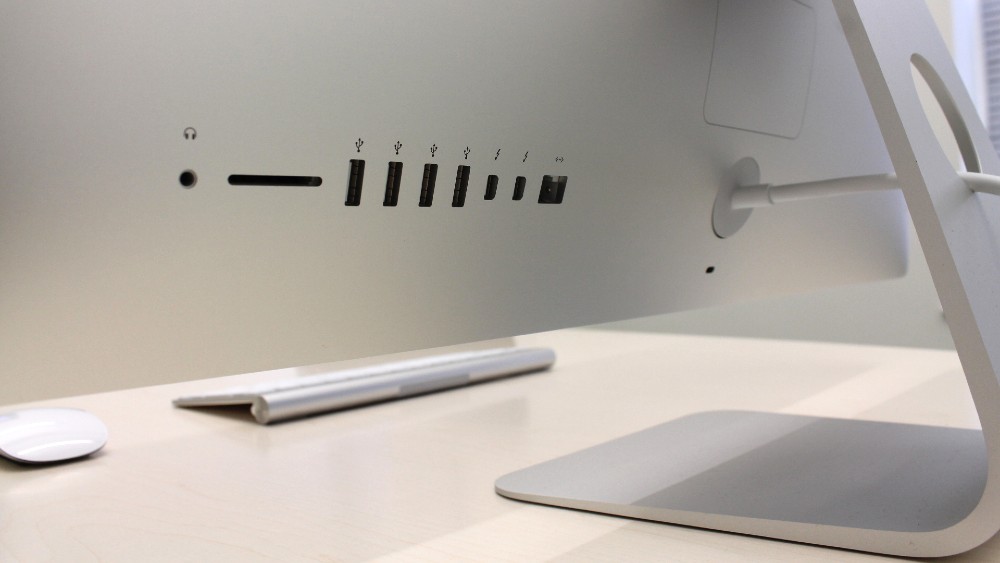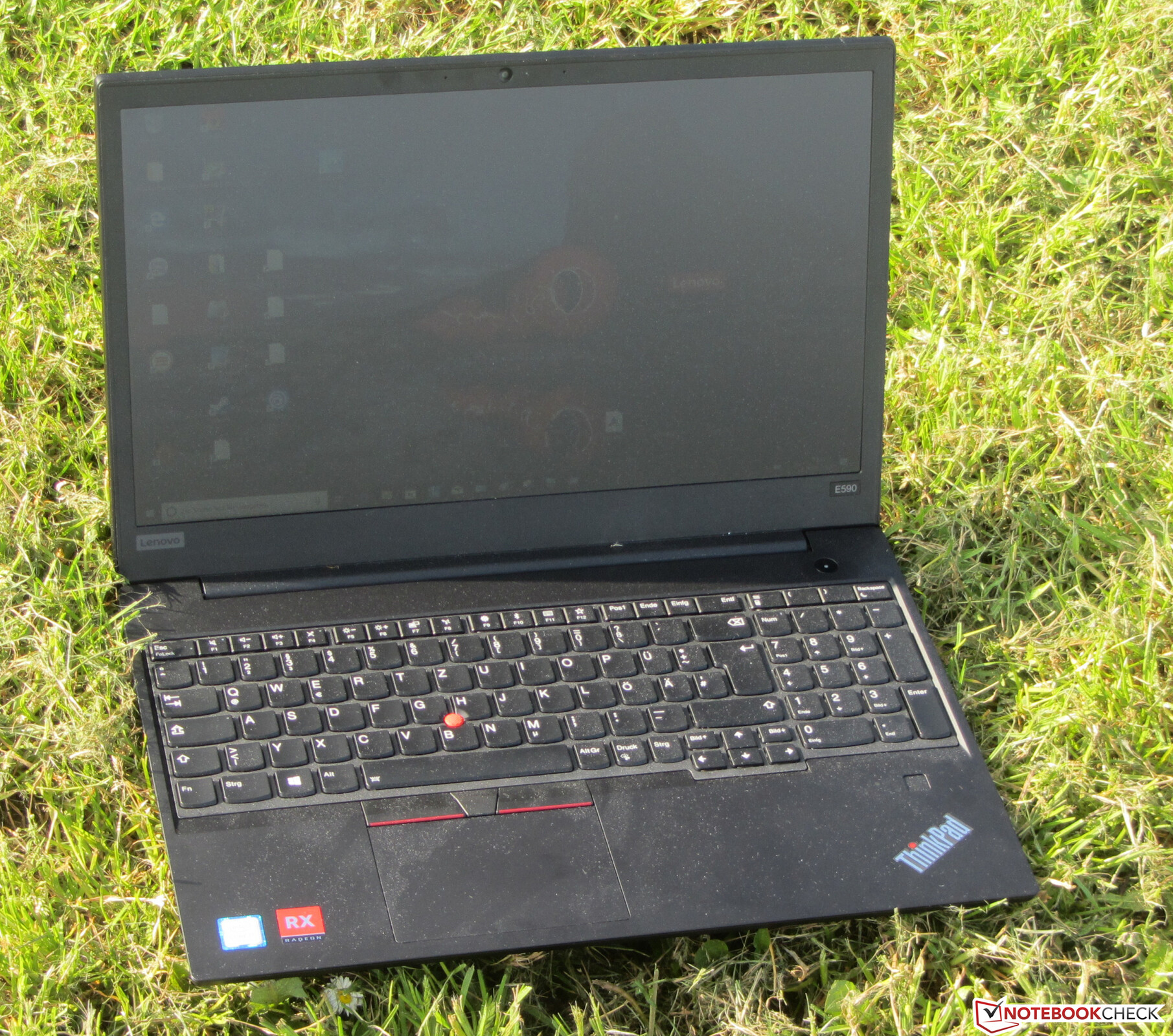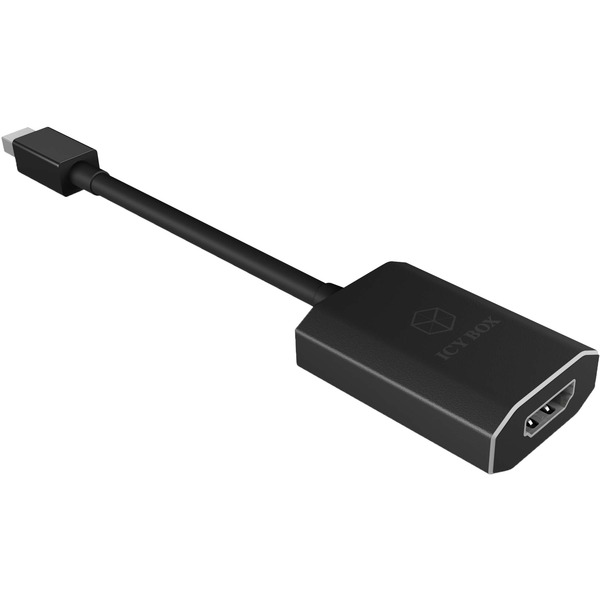

- #THUNDERBOLT FIRMWARE VERSION 22.1 DRIVERS#
- #THUNDERBOLT FIRMWARE VERSION 22.1 UPDATE#
- #THUNDERBOLT FIRMWARE VERSION 22.1 DRIVER#
- #THUNDERBOLT FIRMWARE VERSION 22.1 TRIAL#
- #THUNDERBOLT FIRMWARE VERSION 22.1 ZIP#
#THUNDERBOLT FIRMWARE VERSION 22.1 DRIVERS#
With the addition of the Trigger Manger driver, this installer now provides the 3 drivers listed below.
#THUNDERBOLT FIRMWARE VERSION 22.1 DRIVER#

With the addition of these two new PXIe Chassis to the Chassis Family, four chassis are now supported. Added support for two new Gen3 PXIe Chassis: the 10 slot M9010A and the 18 slot M9019A.Legacy M9018A driver to support applications written for version 1.5.80.1 of AgM9018 driver.See introduction file for additional information.This installer contains 3 drivers: KtMPxiChassis Driver Fixed various defects to improve reliability and quality.Configure a front panel Trigger Port to Output and connect to a single PXI_TRIG signal line on either of two Trigger Bus Segments.Configure a front panel Trigger Port to Input and connect to multiple PXI_TRIG signal lines on two Trigger Bus Segments.Older versions of the driver will only work with the 2017 firmware.

The 1.7.82.1 PXIe Chassis family driver will work with both the 2017 firmware and the 2018 firmware. To gain this enhanced capability, the chassis firmware must be updated to version 2018.
#THUNDERBOLT FIRMWARE VERSION 22.1 UPDATE#
In order to update this for your models, you'll want to test each of the two binaries to determine which one it uses and then update lines 48 or 52 (in the above sample). Unfortunately, the ones I've listed are the only ones I needed to care about. Save this in the same folder that contains the two detect folders.ġ Function Start-ProcessGetStreams 87 88 $LastScriptRun = Get-Date -Format "yyyy-MM-dd HH:mm:ss" 89 90 New-Item -Path "HKLM:\Software\Inventory\Hardware\ThunderboltFirmware" -Force | Out-Null 91 92 New-ItemProperty -Path "HKLM:\Software\Inventory\Hardware\ThunderboltFirmware" -Name "NvmVersion" -Value $nvmVersion -Force | Out-Null 93 New-ItemProperty -Path "HKLM:\Software\Inventory\Hardware\ThunderboltFirmware" -Name "LastScriptRun" -Value $LastScriptRun -Force | Out-Null 94 New-ItemProperty -Path "HKLM:\Software\Inventory\Hardware\ThunderboltFirmware" -Name "Status" -Value $status -Force | Out-Null 95 96 Write-Output "NvmVersion = $nvmVersion | Status = $status"Īs you can probably tell, this script will look at the system type of the host system and then run the appropriate Detection method for it. While useful for checking one laptop at a time, we'll want to build a better method to run this across our fleet. This is only here for those who don't want to go through the hassle of finding them in your firmware update extractions.ĭepending on the model laptop, you can now run one or the other of the detection binaries to get your firmware version, as shown below:
#THUNDERBOLT FIRMWARE VERSION 22.1 ZIP#
Important: Please please please validate the digital signature on all of the files inside the Zip and don't randomly trust downloaded binaries from a blog. If you'd rather not go hunting for them, you can download them from me here. You're looking for one that has detect1909ur.exe and one that has detect2008.exe. Below, I'll share the steps you can use to gather this information yourself.įirst, you'll need to gather up the DETECT folders from the downloaded Firmware updates (after you extract them).
#THUNDERBOLT FIRMWARE VERSION 22.1 TRIAL#
Through trial and error, I found that although there are dozens of different firmware updates, the detection binaries from just two of them covered my entire fleet. The only solution I found in the forums was to collect the data using the firmware update itself. When Lenovo announced HT508988 back in late 2019, I found there was no built-in method to get the firmware version on impacted Lenovo models using traditional hardware inventory or WMI.


 0 kommentar(er)
0 kommentar(er)
